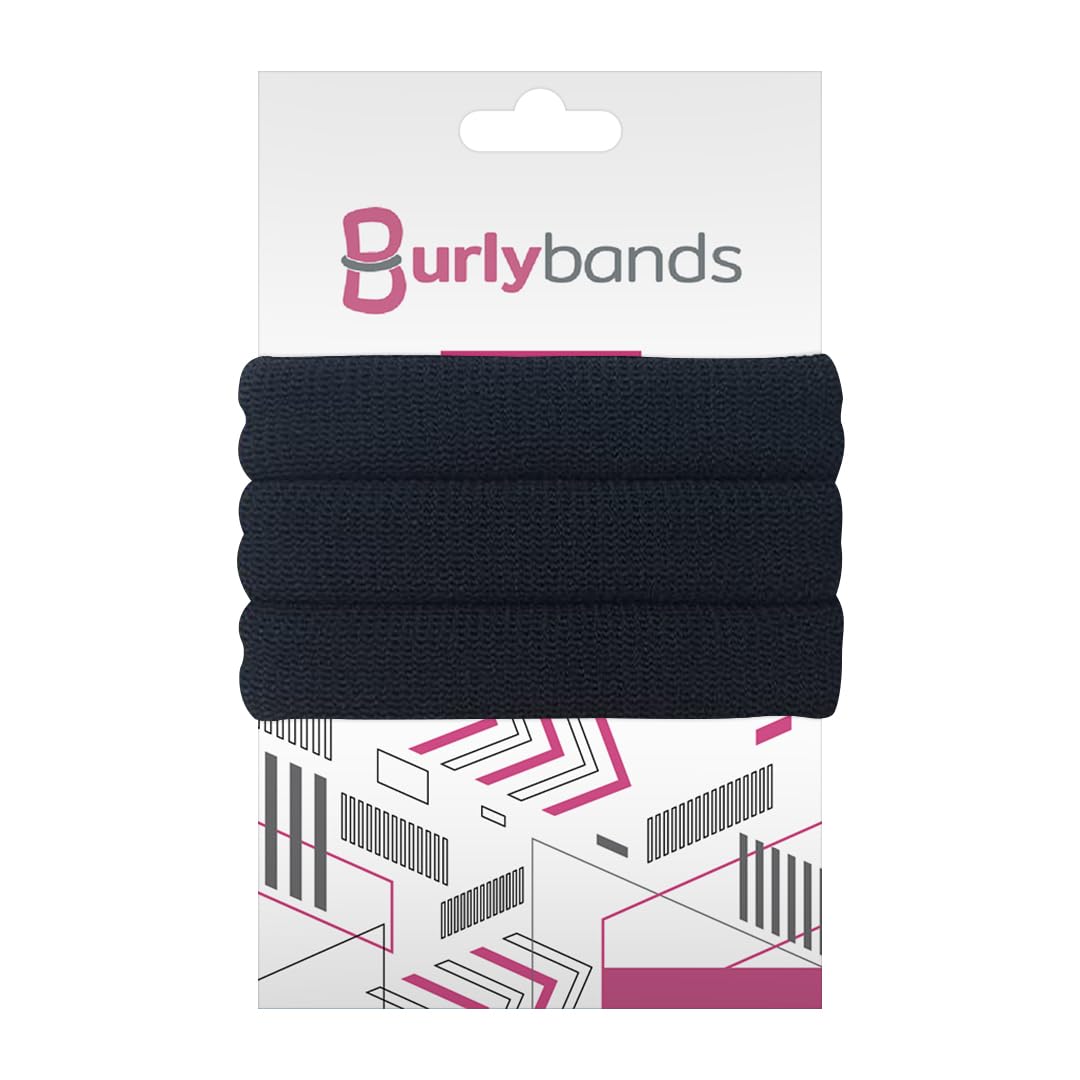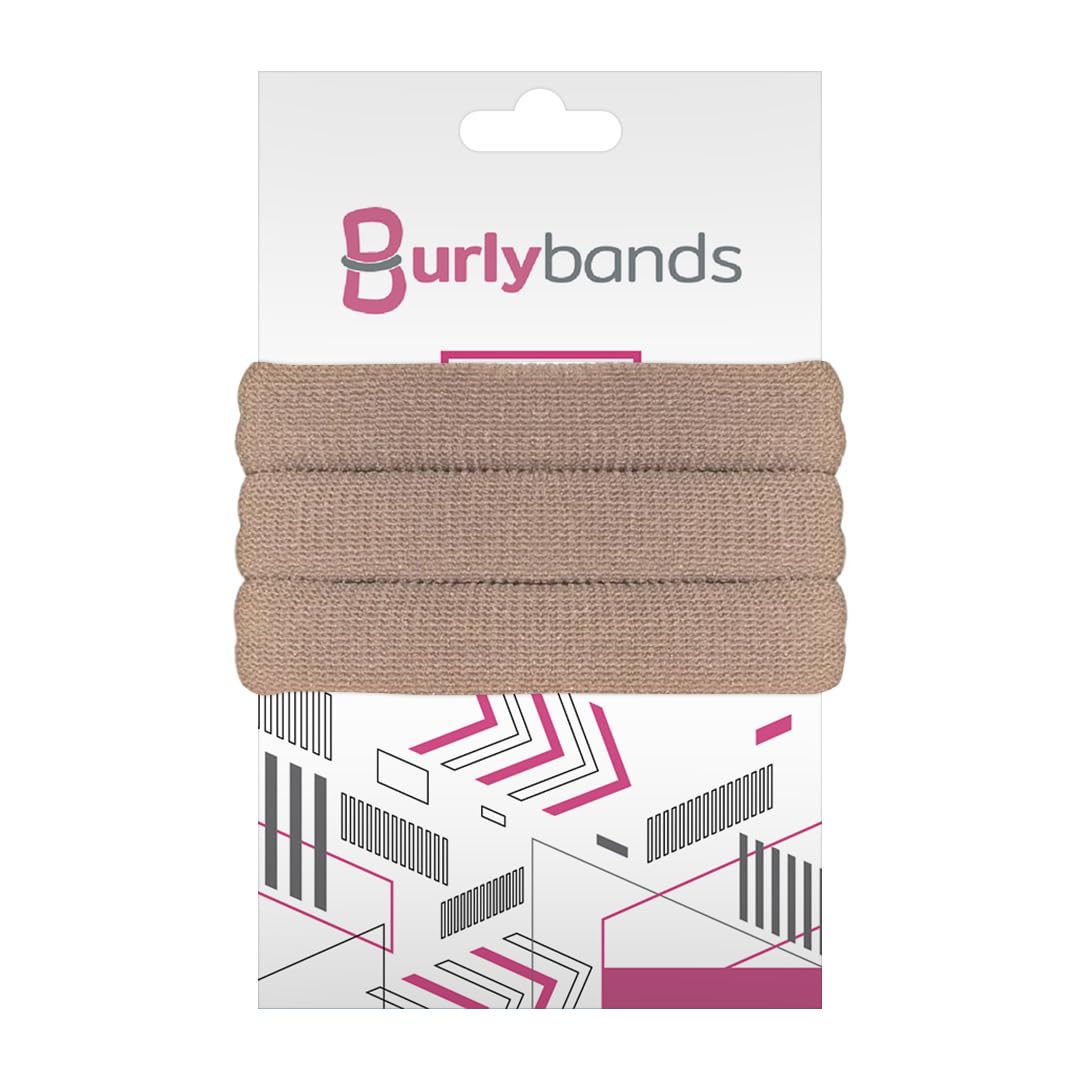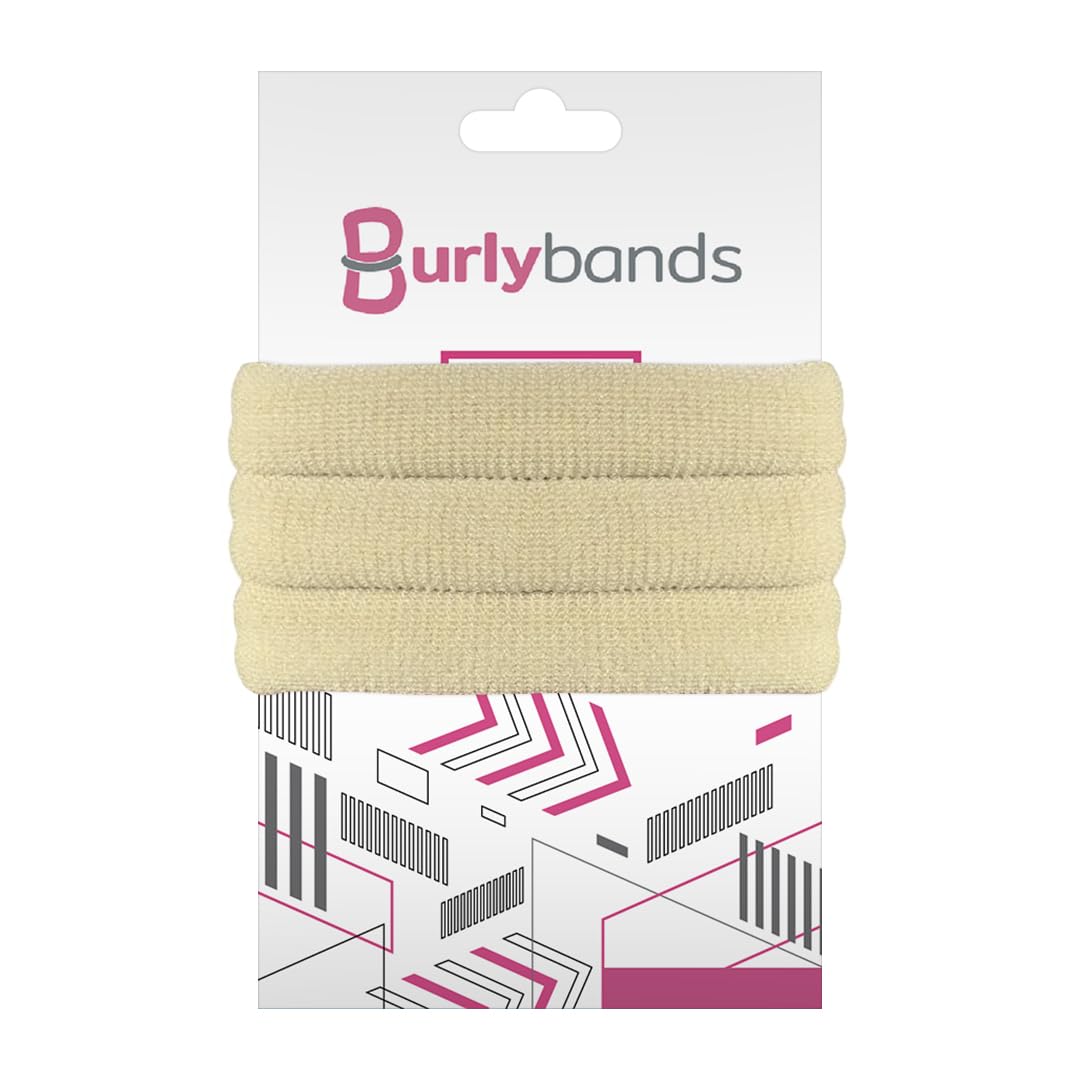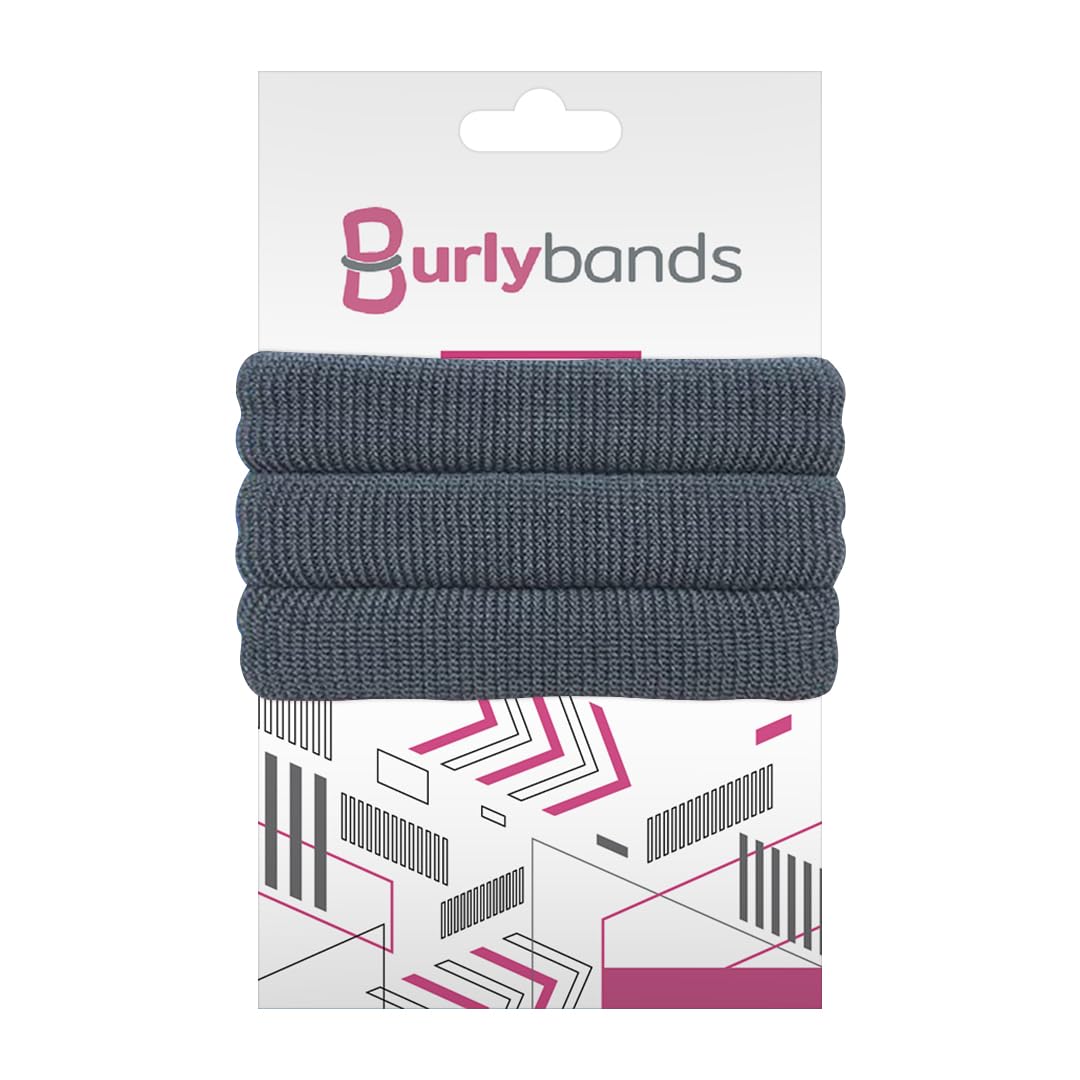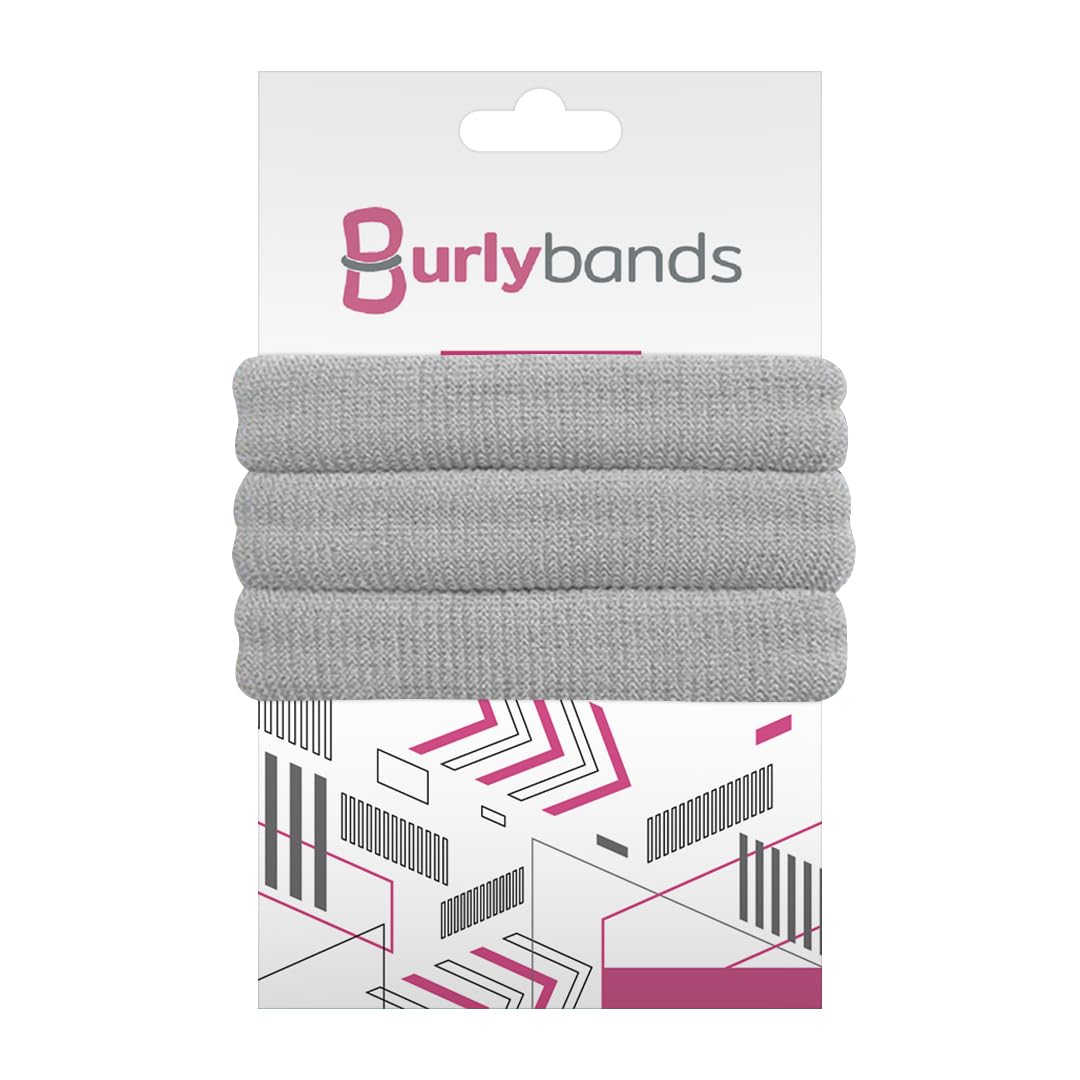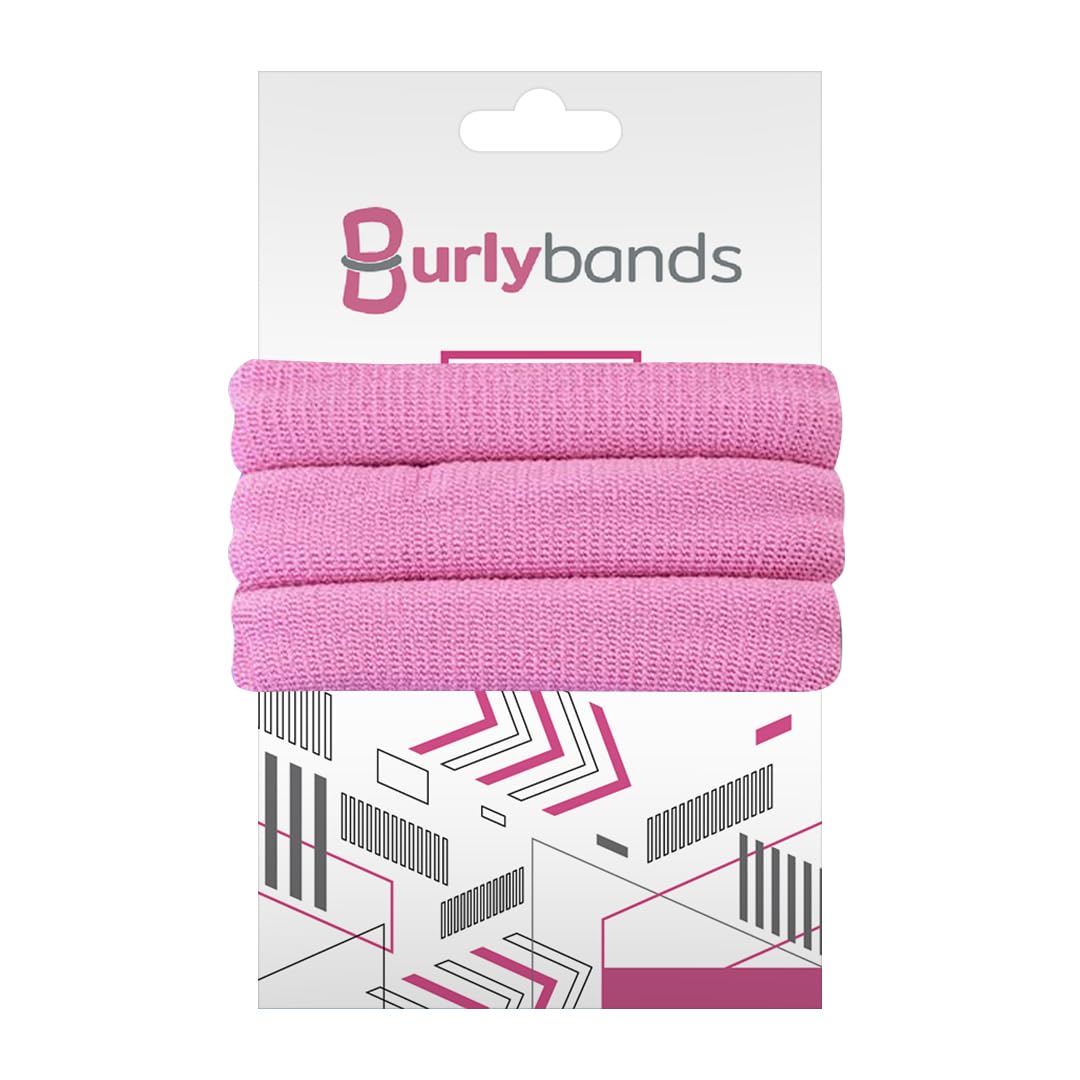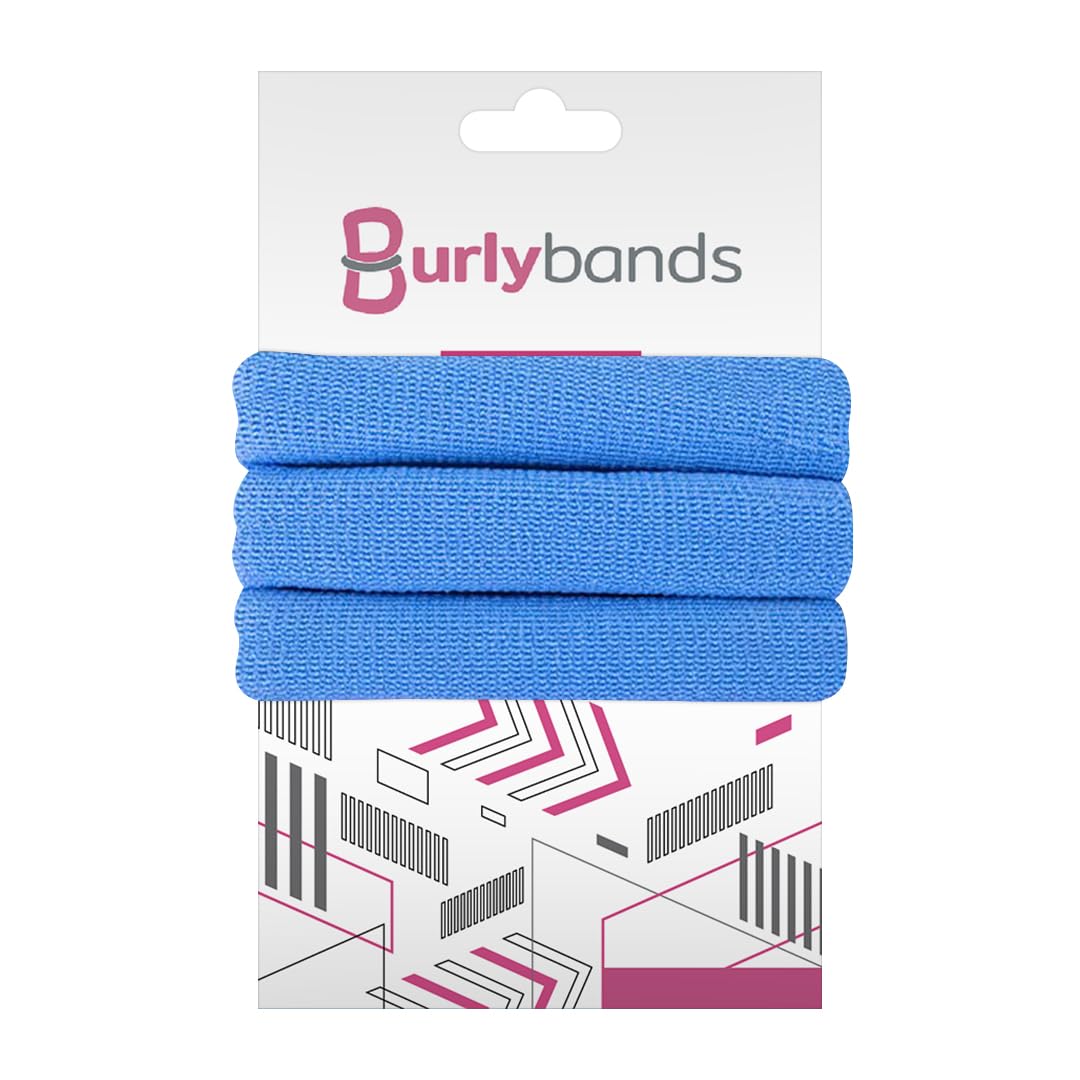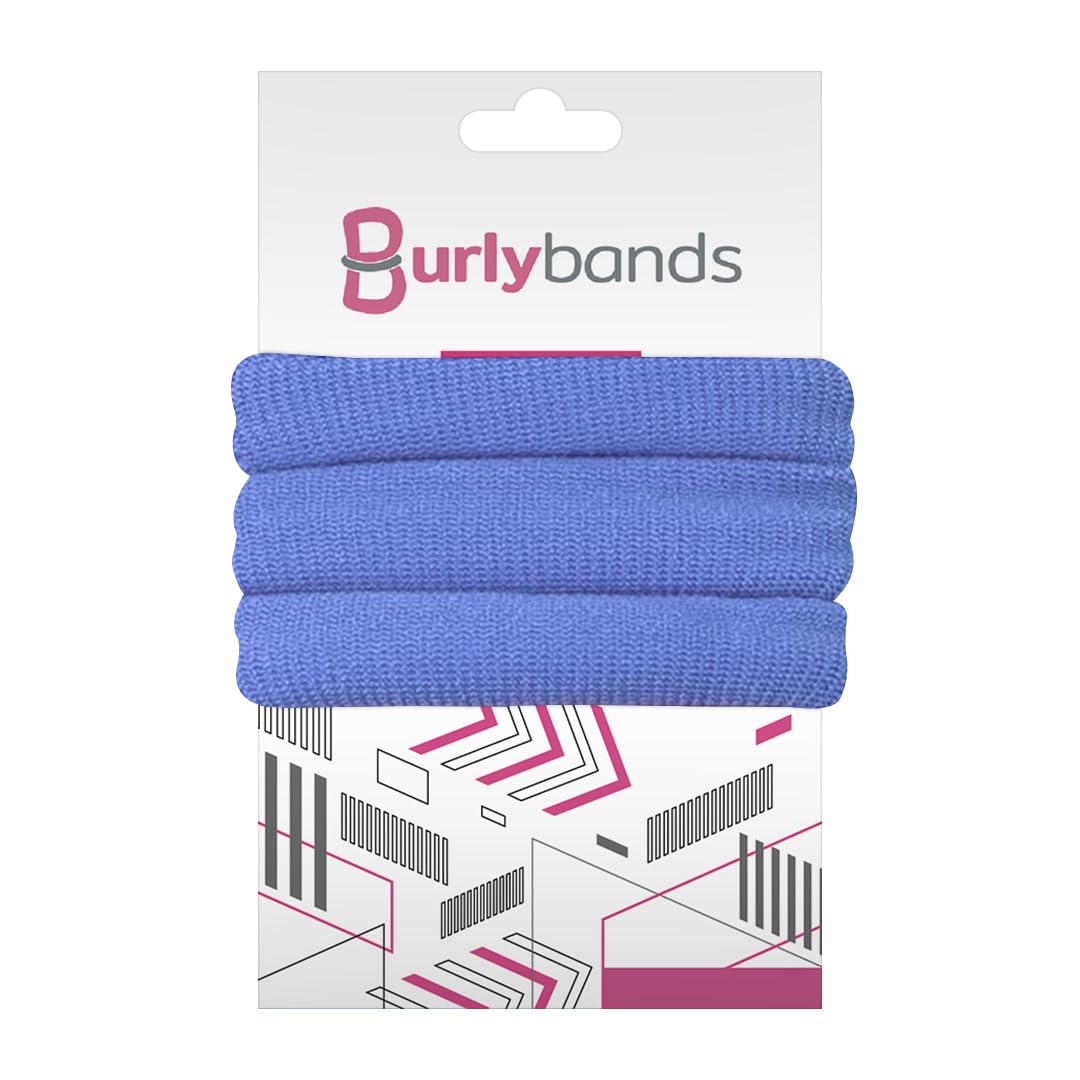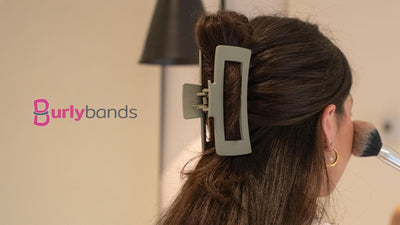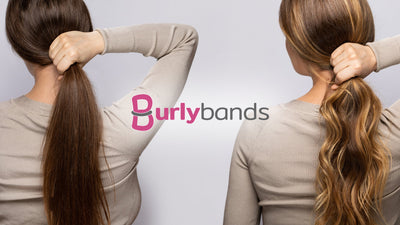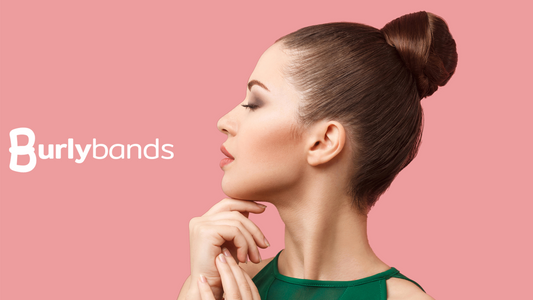Have you been suffering from an itchy scalp lately? Has dandruff always been an ongoing problem for you? Worry not! There's no need to dampen your spirits. We have a solution to all your problems. From attempting all of the DIY cures you've read on the internet to trying all of the anti-dandruff shampoos you can find, dandruff can be such a hassle for those of us who have no time to treat it.

Credit: Envato Elements/ towfiqu98
Dandruff affects approximately 50 percent of the general adult population worldwide. Men are more affected than women.
Continue reading to learn more about the causes of dandruff and how to treat it with these easy at-home solutions.
What Is Dandruff?
Dandruff is a fungus that primarily affects the scalp. Flaking and slight itching are common symptoms. Seborrheic dermatitis is a more severe type of illness characterized by skin inflammation.
Causes of Dandruff
1) Skin and Medical Disorders that Already Exist
Eczema, psoriasis, and other skin conditions make people more prone to dandruff. Also known to experience dandruff are those with Parkinson's disease or other neurological diseases.
2) Hair Care Routine that Isn't Up to Par
Are you unsure if you're shampooing your hair enough? Washing too often can irritate the scalp while shampooing infrequently can lead to a buildup of dirt and oil on the scalp. Additionally, certain hair products that aren't right for you can react and produce dandruff.
3) Excessive Use of Hair Styling Tools
Do you enjoy experimenting with heat styling tools daily? We have some exciting news for you. Excessive use of harsh hair styling products can deplete the natural moisture in the hair and cause it to become dry, resulting in dandruff. Use preventive hair styling treatments and only straighten your hair on occasion.
4) Poor Dietary Habits
You can't seem to hold your cool till you finish the last chip in the bag? Dandruff is thought to be exacerbated by excessive eating of junk or unhealthy foods. In addition, not drinking enough water clogs pores and makes dandruff more likely. It is critical to eat a nutrient-dense diet.
5) Excessive Stress
Is your job causing you to have existential problems? Sorry to be the bearer of bad news, but all of your worries are visible on your head. Mental tension, if not managed properly, can pave the way for dandruff to invade and destroy your lovely locks. Maintain a healthy sleep pattern and learn to manage stress.

Symptoms
Flaking and an itchy, scaly scalp are the classic symptoms of dandruff. During the fall and winter months, when the air is dry, white, greasy flakes commonly form in your hair and on your shoulders.
Additional signs and symptoms include:
- Eyebrow dandruff
- Dry flakes on the face and behind the ears
Treatment
1) Shampoo More Frequently

Credit: Envato Elements/ producer555
This can aid in the reduction of oil on your scalp.
Because there are so many different types of dandruff treatment shampoos, each with its unique set of instructions, it's critical to read and follow the instructions for the product you choose. Make sure you understand whether you should keep the shampoo on your scalp for a particular period of time before washing it out or if you should rinse it out right away.
The following shampoos are useful:
- Zinc pyrithione shampoos: These shampoos include zinc pyrithione, an antibacterial and antifungal ingredient.
- Tar-based shampoos: These shampoos slow the death and flaking of skin cells on your scalp. This type of shampoo may induce discoloration in light-colored hair. It can also make the scalp more photosensitive.
- Salicylic acid shampoos: These products aid in the removal of scaling.
- Selenium sulfide shampoos: These shampoos contain an antifungal ingredient. Because these products can darken the hair and scalp, use them as instructed and rinse thoroughly after shampooing.
- Ketoconazole shampoos: These products are designed to fight fungi that cause dandruff on your scalp.
- Fluocinolone shampoos: These shampoos contain a corticosteroid to help with itching, peeling, and irritation.
2) Green Tea Is a Good Choice
Massage your scalp for five minutes with a mixture of green tea and green tea essential oil. After you're done wash it off with a sulfate-free shampoo. Green tea and green tea essential oil both have antioxidants and antimicrobial characteristics that can help you maintain a healthy scalp while also conditioning your hair to keep it from becoming dry and irritated.
3) Argan Oil
Itching and dryness are common symptoms of dandruff, which eventually lead to flaking. Argan oil is an essential oil that may hydrate and revitalize your scalp. Argan oil's hydrating characteristics can help relieve itching and irritation on your scalp, delivering immediate relief. Argan oil is also supposed to form a protective layer on the scalp to shield it from heat damage.
Apply a few drops to your hair and scalp and gently massage them in. This can help to increase the blood circulation in your head.
4) Exfoliating Your Scalp Is a Good Idea
This is, in fact, a thing. Exfoliating your scalp, like exfoliating your skin, gently lifts the top layer of dry skin. Exfoliators for the scalp often use small doses of salicylic acid that dissolve to remove dead skin. The latter is quite beneficial in breaking down dead skin cells that build upon the scalp and cause peeling.
Use an exfoliating hair scrub twice a week on wet, shampooed hair, and follow the recommendations to ensure you keep it on for the proper amount of time.
5) Alter Your Eating Habits
Dandruff can be caused by a lack of nourishment. High-carbohydrate diets can cause a build-up of glycogen in the skin, which yeast loves.
Sugary meals and dairy products stimulate the sebaceous glands, causing the skin to generate more oil. You may need to decrease your carbohydrate and sugar intake if you suffer from dandruff.
6) Aloe Vera

Credit: Envato Elements/ thanyapatm
Aloe Vera is known for its moisturizing and soothing characteristics, which can help to relieve the itching and inflammation produced by severe dandruff. It can also nourish your scalp and battle dandruff-related dryness. Aloe Vera is known to have antifungal and antimicrobial qualities, making it a potential home treatment for dandruff and itchy scalp.
Aloe Vera has a cooling effect that you can get by putting it directly on your scalp.
7) Get Some Sunshine
Sunlight may be beneficial in the fight against dandruff. However, avoid sunbathing since UV radiation harms your skin and raises your risk of skin cancer. Instead, go outside and spend some time with nature. Also, remember to apply sunscreen on your face and body.
8) Neem
For millennia, neem has been utilized to treat infections as a multi-tasking ayurvedic herb having antibacterial characteristics. It also strengthens the hair follicles, preventing dandruff from reappearing and promoting healthy hair development.
Because the characteristics of neem can fight against dandruff-causing fungus and prevent it from spreading further, you can use a neem paste as a hair mask as a dandruff cure. Boiling neem leaves and applying them to your hair after shampooing is an excellent home dandruff cure.
9) Apple Cider Vinegar
Apple cider vinegar is a popular home remedy for dandruff and itchy scalp because it is inexpensive and contains cleaning characteristics that can help clear up any leftover scalp buildup that may worsen your dandruff and irritation.
The most basic technique to utilize apple cider vinegar is to dilute it with equal parts of water and apply it to your hair after shampooing for 15 minutes. Rinse it off gently, and you've got yourself a simple yet powerful dandruff home cure. According to some studies, apple cider vinegar can be used as a hair mask when coupled with Aloe Vera, lemon, or even honey.
10) Omega-3
Omega-3 fatty acids are essential for good skin because they increase oil production and hydration, and a lack of them can lead to dry skin and scalp. They aid in the hydration of your scalp and the reduction of dryness. Omega-3 fatty acids are also beneficial in lowering inflammation and dandruff symptoms, making them an effective dandruff home treatment.
Salmon, mackerel, walnuts, soybeans, flax seeds, pumpkin seeds, and berries are all good sources of Omega-3. Additionally, Omega-3 pills can be purchased over the counter.
11) Scratching Isn't a Good Idea
It's the white bear problem, but try not to scratch yourself. I know it's itchy, but scratching can make the inflammation and discomfort worse. Scratching can produce open scalp wounds, which can lead to infections, especially if you have long, sharp nails.
12) Only Wash Your Scalp
Dandruff shampoos, unfortunately, can dry up your hair as well as your scalp. You should only use your specific shampoo on your scalp to prevent this from happening. With each application, these shampoos and treatments should be administered directly to the scalp (not the hair) and gently rubbed in place for at least five minutes. To give the active ingredients time to work, don't do it for less than five minutes.
Summary
While dandruff can be bothersome and unpleasant at times, it rarely indicates a more significant health problem. Not everyone will benefit from home remedies. Before starting a new natural therapy, anyone with an underlying skin problem like eczema or psoriasis should consult a doctor.
Burlybands, which are damage-free and gentle on your hair, are a great option if you're looking for the ultimate hair tie. This way, you may preserve your favorite styles. They're a tool that works with you rather than against you. They are the greatest option for your hair type, whether it is thick or thin.
 Log in
Log in


